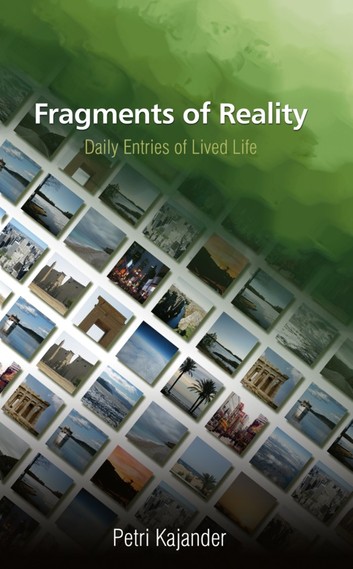We are used to living surrounded by information. Our schools
teach us the value of knowledge and details. TV is full of
quizzes and competitions to test for cleverness. Education is
emphasized everywhere we go. Each morning and evening,
people learn the latest news. It is important to know what’s
happening and the topics of the day. But what do we really
know?
Do we know what we know? Often we behave like we are
very knowledgeable and have all the facts. Most of us are very
keen on presenting our own points of view. We have opinions.
Seldom do we consider whose opinions we are really repeat-
ing. Have we considered the items thoroughly and find argu-
ments for and against the issue? Are we sure that our sources
of information are objective and provide the complete pic-
ture? On what grounds is our thinking based?
Usually, we come to the conclusion that the more we
investigate and study a subject, the less we know about it. Our
thinking is based on a structure that needs to categorize and
polarize items. We need straight and simple answers that are
based on comparing and contrasting. We call this “putting
things in relation to.” There is a need to prefer and value
something over something else. Otherwise we are said to be
undecided. What happens when we are urged to set things
into a relationship but we have limited knowledge and infor-
mation?
Our ignorance results from our limited perception and
understanding of issues. Also the need to value things (i.e.,
being able to “decide”) creates a lot of confusion and misinter-
pretations. Therefore, what we know is less important than
what we do not know. Unfortunately, most of the time our
knowledge does not expand enough for us to realize that we
do not know what we do not know. In other words, we may
act with the best of intentions, but what is more arrogant than
claiming to know something that we do not have a clue
about?
What can we do so that we know as much as Socrates? Be
humble. Humbleness rises from the knowledge and insight
that we are not omnipotent and, therefore, cannot know very
much of anything. We have to be sensitive and open-minded
to realize this. The greatest minds in the world have claimed
to know very little—how about us? What do we know?
This is the original text, and an edited version can be found in the Fragments of Reality -book.

